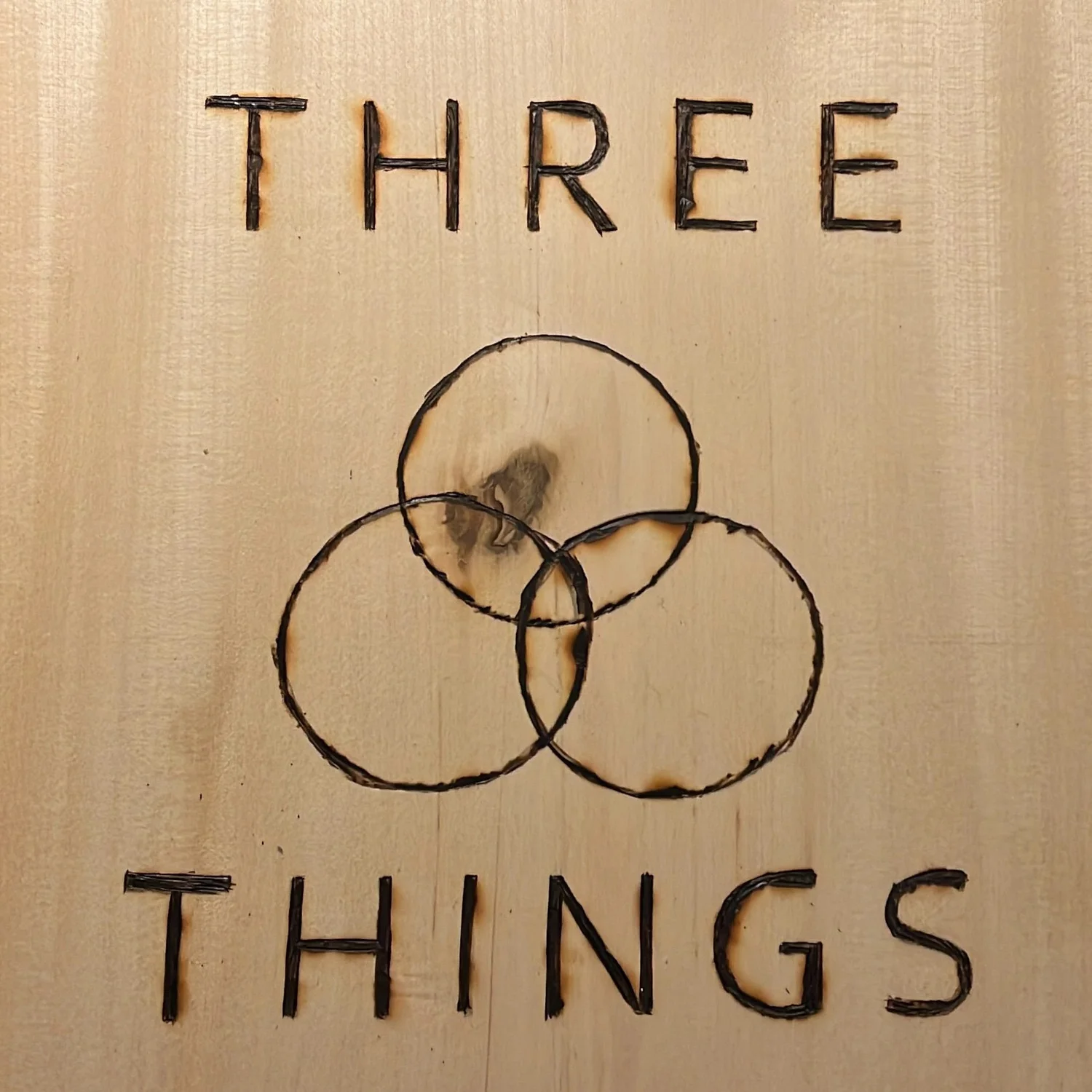The Moment I Fell in Love with Professional Development
In August of 2003, I was starting what I thought would be a long career as a classroom teacher in a Chicago charter school (spoiler alert: it wasn’t). I was fresh out of college, completely untrained and unqualified, and VERY confident that I knew what I was doing (spoiler alert: I did not). The week before the children arrived, all the teachers were summoned to the building for professional development.
Thank god, I thought. Despite my confidence, there was a small part of me that knew that putting an untrained, unqualified 22 year old in charge of a room full of 30 adolescents was a bad idea; and it was deeply comforting to know that I’d have a week of critical reflection, scaffolded preparation, time and resources to intentionally design curriculum in collaboration with colleagues who had more experience (any experience). Because that’s what I thought professional development was: a transformational and collective experience that prepares you to do transformational and collective work (spoiler alert: it was not).
For four days, I sat in the school’s basement gymacafetorium being firehosed with all the things I was supposed to know and do– all blurrily mimeographed or projected from overhead transparencies. It was overwhelming at best, soulless at worst; it left me feeling less prepared somehow, and with all the content they flung at me, I had no time to actually get ready for the kids coming on Monday. I didn’t really meet my colleagues, much less collaborate. We were audience members, not active participants in our own growth. I was nervous… and deeply disappointed.
I blame this disappointment on Kurt Wootton, who had been my professor, boss, and mentor at Brown University through the Arts Literacy Project (Arts Lit). Since 1998, Arts Lit has connected theatre artists with classroom teachers in and around Providence, RI to co-create units of study that weave together classic texts, original student writing, and creative performance. Through these units, students strengthen their literacy skills and transform their relationship with text– from consumers to creators and embodiers. But it’s not only the students who benefit from Arts Lit– the teachers are given time and partnership and license to teach in a whole new way. They are also given incredible professional development.
On my first day as a program assistant for Arts Lit, I observed a teacher workshop being held on campus, led by Kurt. The teachers spent the day creating and performing original works inspired by Ovid’s Metamorphosis. They were leaving with folders full of lesson plans and rubrics and passages and activities– some provided by Arts Lit and some created by the teachers themselves. At the end, they stood in a circle to reflect on their experience. They shared the vulnerability they felt when they were performing. They talked about how excited they were to share this with their students. More than one talked about the fellowship and the food (Arts Lit fed folks really well). One teacher got choked up when she said, “You treated us like professionals.” They loved connecting with their colleagues through play. Some were lapsed poets or novelists or essayists and this was the first chance they had gotten to just write in such a long time. This workshop rekindled their joy for teaching.
This was my introduction to professional development. It was the first time I had ever heard the term and I just assumed this was what the term meant. A couple years later, those four days in the gymacafetorium disabused me of that misconception pretty quickly, and over the next two decades I continued to experience the wide spectrum professional development (PD), and what it more typically means– not only in schools but in conference rooms and Zoom calls and online courses and community centers.
Arts Lit taught me that PD can be a powerful love language– something that conveys care and respect, that is mutually beneficial, generative and sustaining, collective and transformational. This belief has led me to others who also speak this love language (namely Cynthia Weiss ) and has guided my approach to all of the workshops and reflection circles I’ve facilitated (or participated in) ever since.
Hear more about the Arts Literacy Project at Brown University or Kurt Wootton’s current endeavor: aptly, a language school called Habla).
